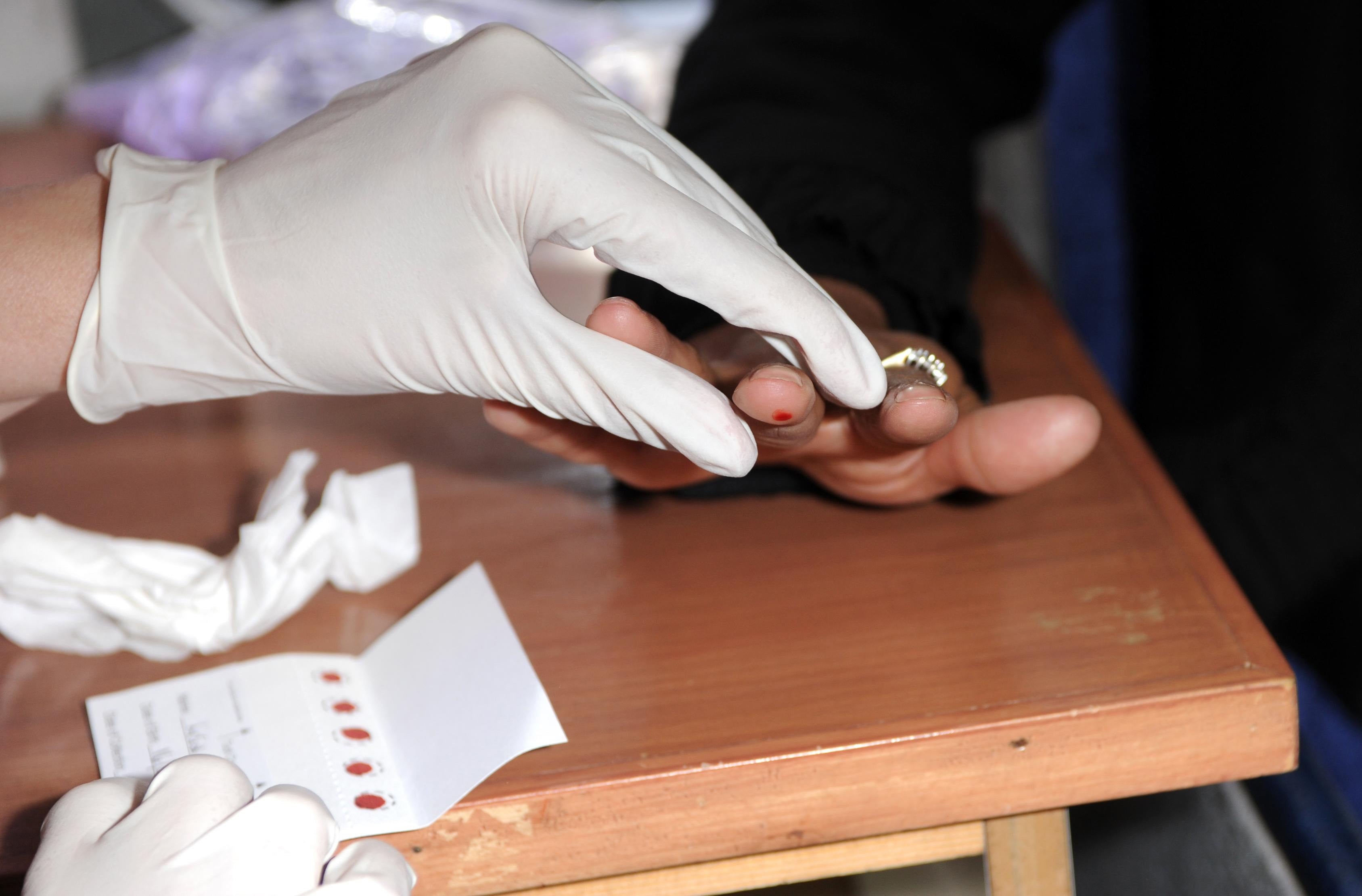NHS on course to eliminate hepatitis C five years ahead of global targets
A pioneering drug campaign to find and help people at risk has been key to the success, health chiefs have said

The NHS is on track to eliminate Hepatitis C in England by 2025, five years ahead of global targets.
A pioneering drug campaign to find and help people at risk has been key to the success, health chiefs have said.
It comes after a five-year contract worth almost £1 billion to buy antiviral drugs for patients has seen deaths from Hepatitis C - including liver disease and cancer - fall by 35 per cent. The World Health Organisation had set a target of 10 per cent.
Dedicated “Find And Treat” programmes have also helped the NHS drive down class Hepatitis C cases among vulnerable communities such as the homeless.
They may suffer worse outcomes than the general population as they do not have regular contact with health services.
Professor Sir Stephen Powis, NHS England's national medical director, said the NHS is “leading the world” in the drive to save lives and eliminate Hepatitis C while also tackling a “significant” health inequality.
He added: “Thanks to targeted screening and because the NHS has a proven track record of striking medicine agreements that give patients access to the latest drugs, we are on track to beat global targets and become the first country to eliminate Hepatitis C by 2030 - which will be a landmark achievement.”
St Mungo’s is one of the charities behind the Find And Treat outreach programmes which aim to ensure no one, including those historically hard to reach and treat, is left behind in the fight against class Hepatitis C.

It has seen specialist teams provide same-day screenings along with help to complete a full course of treatment.
Substance use, sharing toothbrushes, razors and other general lifestyle factors associated with sleeping rough are among a range of reasons putting the homeless at a higher risk of contracting Hepatitis C.
Sara Hide, a Hepatitis C co-ordinator at St Mungo's in Oxford, said: “With treatment for Hepatitis C now less invasive - a course of medication for eight to 12 weeks - we've seen an uptake in people responding to our screening services. We also screen for other conditions at the same time to identify clients that might need extra health support.”
She said the NHS commissioned a joint venture between Find and Treat and St Mungo's as it looked for a way to try and reach more vulnerable marginalised groups.
The project on the disease has helped find and cure 70,000 people of the potentially fatal disease and reduced the number of people seeking liver transplants due to Hepatitis C, NHS England said.
Within six years, the number of people seeking liver transplants due to the virus fell by two-thirds and the number of annual registrations for a liver transplant in patients with Hepatitis C-related diseases dropped from fewer than 140 per year to fewer than 50 per year in 2020.
The project has also provided 80 per cent of its treatments to people from communities in the poorest half of the population.
Since the rollout of an NHS plan to treat children for Hepatitis C last year, more than 100 children received infection-curing antivirals, with 90 per cent of treatments given to the 40 per cent of poorest children.
An NHS screening programme launched in September is enabling thousands of people unknowingly living with Hepatitis C to get a diagnosis and treatment sooner by searching health records for key risk factors, such as historic blood transfusions or those with HIV.
Hepatitis C is a blood-borne virus which, left untreated, can cause liver cancer and liver failure. It usually displays no symptoms until the virus causes enough damage to bring on liver disease. Symptoms may include fatigue and difficulty concentrating and the virus is also linked to cardiovascular disease, mental health issues, kidney disease and musculoskeletal pain.
Effective antiviral drugs can cure more than 95 per cent of people with minimal side effects, which means it can be eliminated.
Health minister Lord Markham said: “I'm grateful to NHS staff and our partner charities like St Mungo's for the fantastic progress that has been made so far. Deaths and prevalence of the virus have fallen consistently thanks to improvements in diagnosis and access to treatments.”
Join our commenting forum
Join thought-provoking conversations, follow other Independent readers and see their replies
Comments


Bookmark popover
Removed from bookmarks